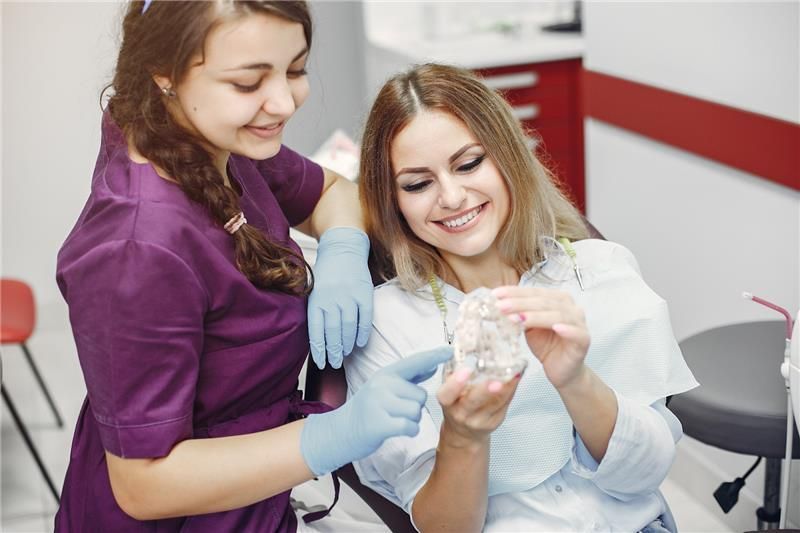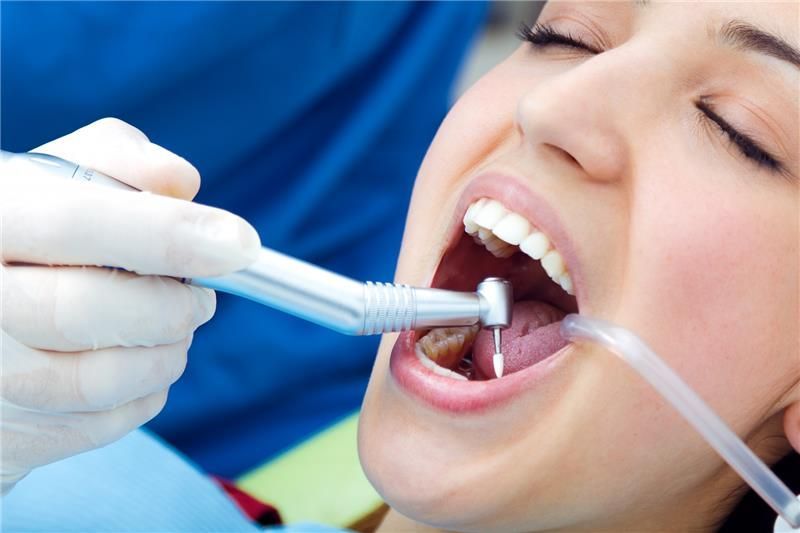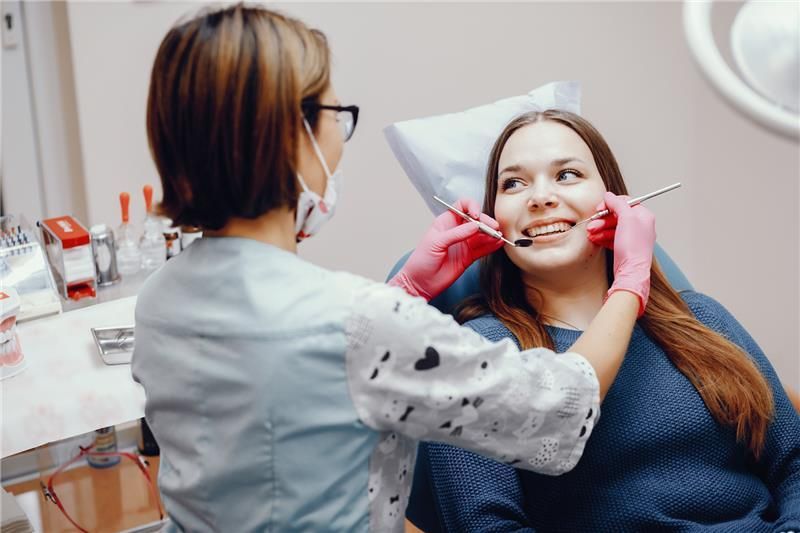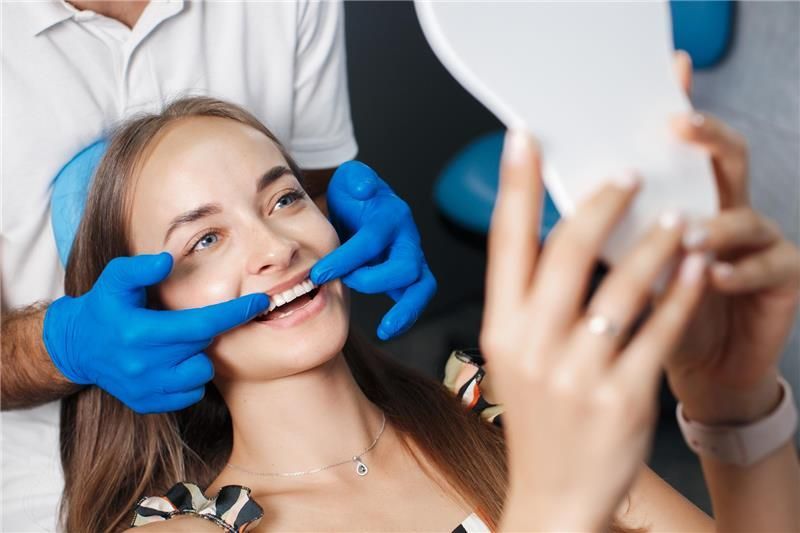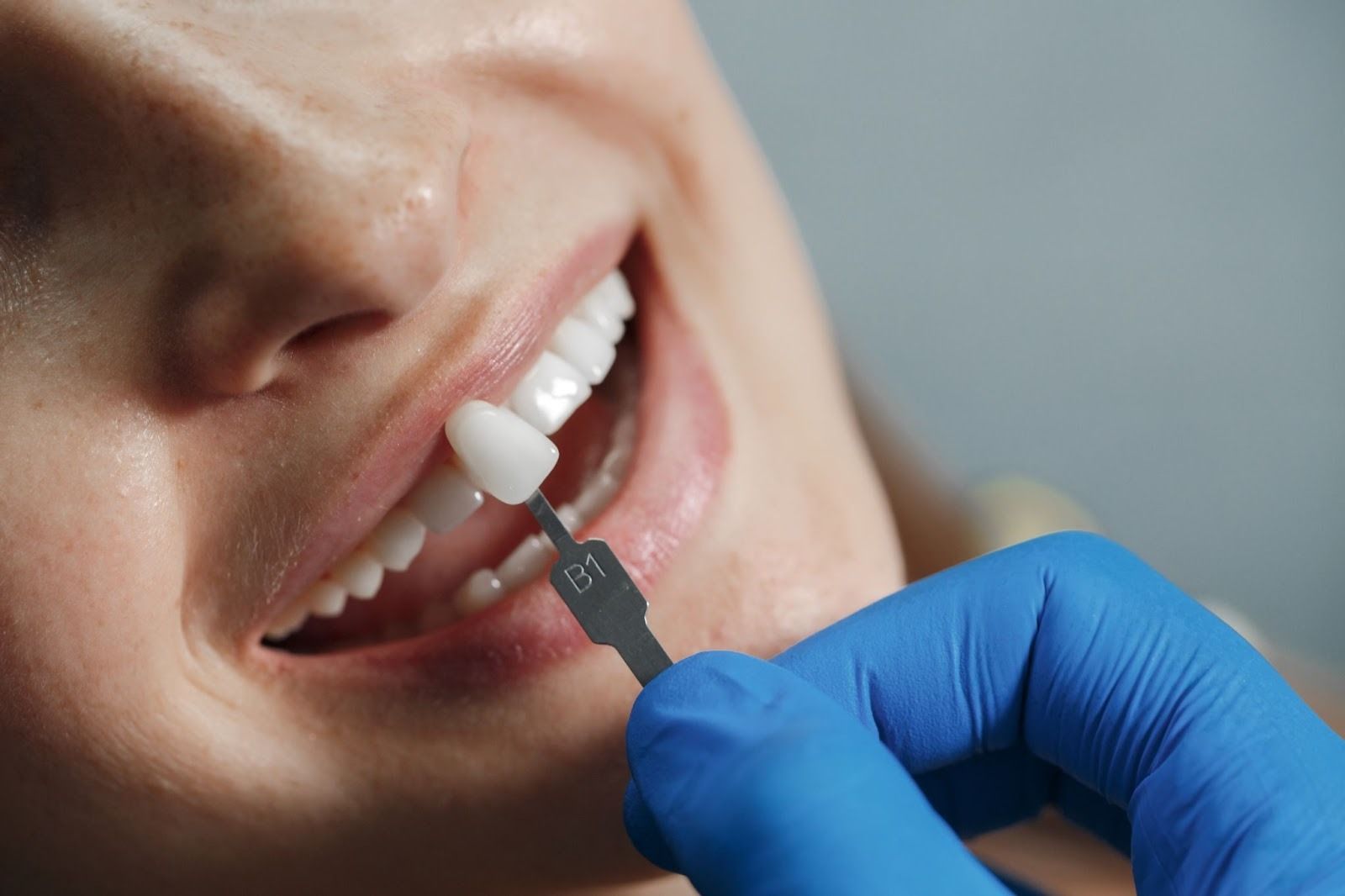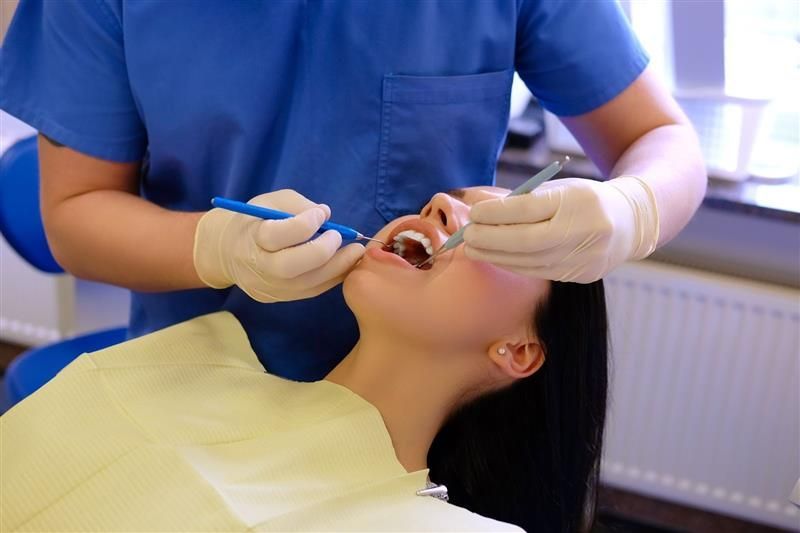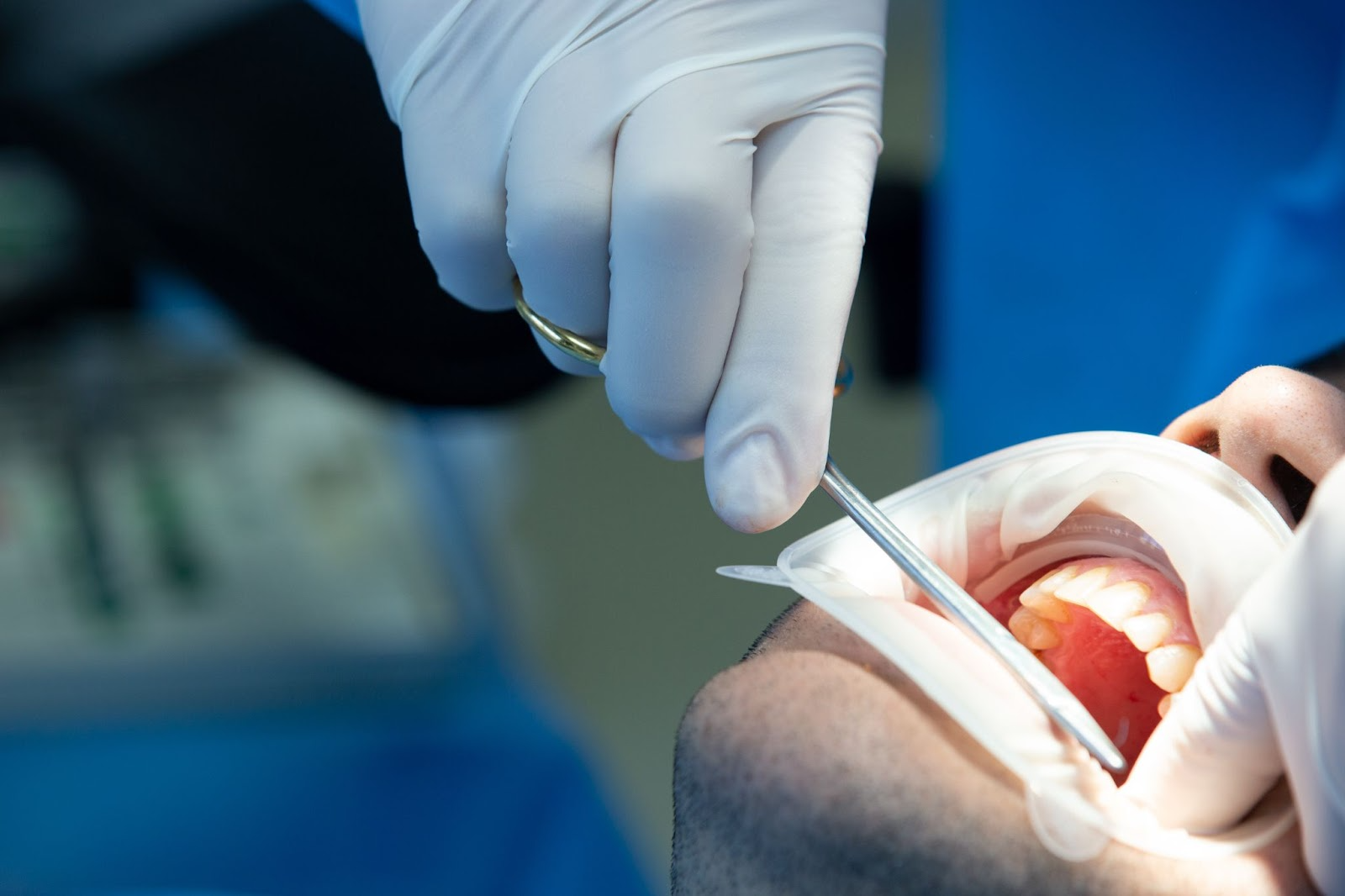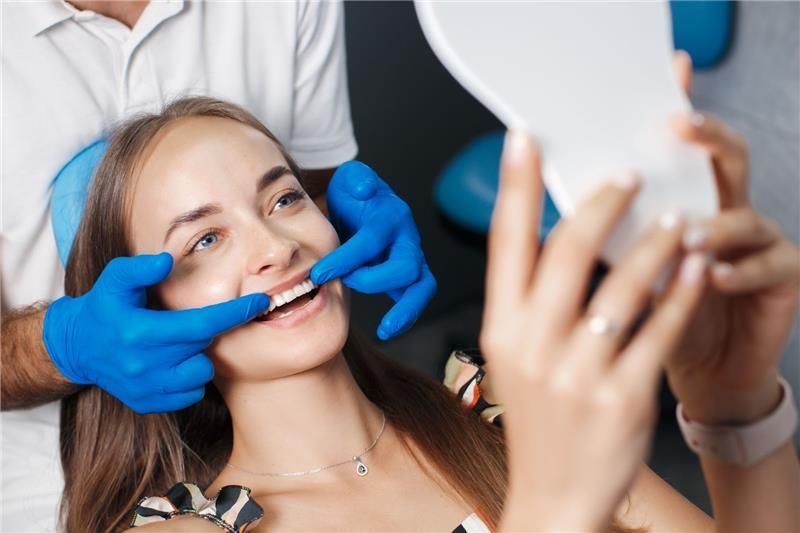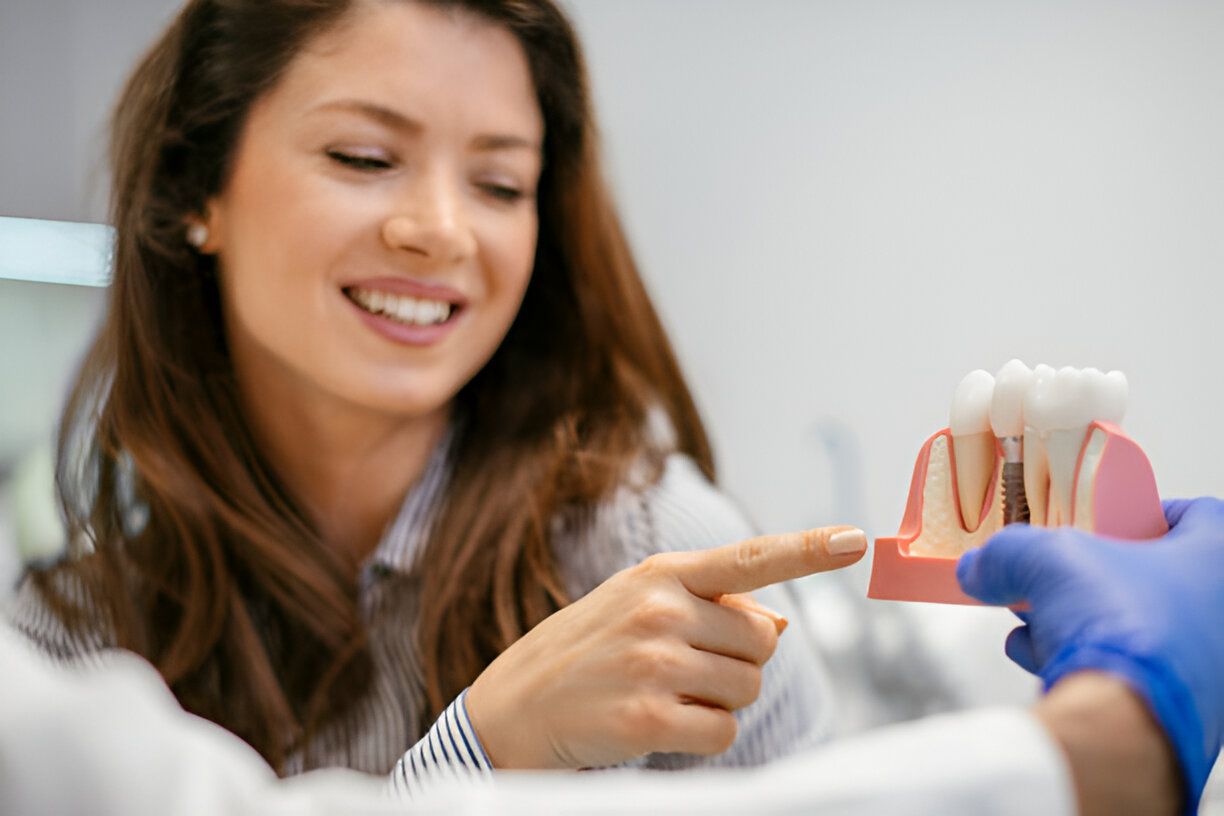How To Take Care of Your Invisalign?
You will be surprised to know that nearly 9 out of 10 people have misaligned teeth.
Malocclusion or misaligned teeth is one of the most common orthodontic disorders that can affect your overall personality.
This dental issue can be due to various reasons like thumb-sucking, accident, oral tumor, and gum disease. Whatever be the reason, it’s advisable to fix misaligned teeth before they do more damage.
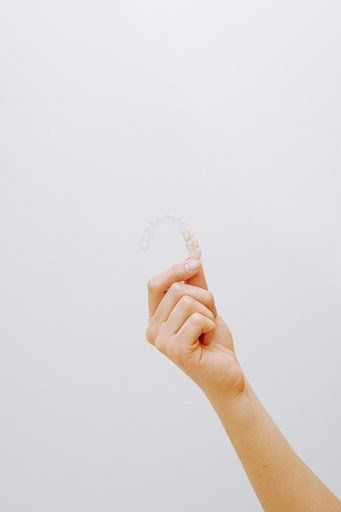
Metal braces, veneers, and implants are some of the common treatments to straighten your teeth. But nothing works better than Invisalign.
Also known as clear aligners, Invisalign is a custom-made transparent tray that works well on your uneven teeth and can restore your smile.
However, it’s important to look after your clear aligners to make them work effectively and for long. Herein, we are sharing a few care tips to follow after getting Invisalign.
1. Regular cleaning
The best way to take care of your Invisalign aligners is to clean them often.
All you have to do is dab a small amount of toothpaste on a soft-bristled toothbrush and scrub your aligners gently. Make sure to clean your Invisalign twice a day.
That’s not all!
Rinse your aligners with water before going to bed. Doing so will remove bacteria or food buildup accumulated during the day that could actually harm your oral health.
2. Avoid using an abrasive material
While cleaning your aligners, avoid using abrasive materials like soap, denture cleaner, or mouthwash.
These materials can prove to be very harmful to your aligners and make them look dull and visible.
3. Soak your aligners daily
To make your Invisalign look clear and best, soak them once a day.
All you have to do is
- Take lukewarm water in a bowl
- Put a few drops of Invisalign cleaning solution into the bowl
- Place your aligners in the solution
- Soak them for at least 15 minutes
- Scrub your tray with a soft toothbrush
Doing so will keep your aligners odor-free and virtually invisible.
4. Develop healthy eating habits
The best thing about Invisalign is that it corrects your misaligned teeth without any diet restrictions. Unlike traditional braces, you do not have to worry about food getting stuck.

As it is said, “prevention is better than cure”, it is recommended to follow healthy eating habits to prevent any harm to your aligners.
- Cut down on coffee: Drinking coffee or wine can stain your teeth as well as your aligners. So, it is better to avoid having stain-causing foods and drinks when wearing aligners. If you want to have coffee or other colored food items, make sure to remove aligners first.
- Drink water: Drink an adequate amount of water—the safest beverage to have while wearing Invisalign.
- Avoid gums: Avoid chewing gums. The gums can get stuck to your aligner and may damage your orthodontic tray.
5. Brush and floss every day
Whether you are wearing Invisalign or not, the American Dental Association recommends brushing your teeth twice a day for 2 minutes.
And if you are wearing aligners, make sure to brush and floss your teeth whenever you remove them.

This will remove any plaque and food from your mouth that can actually get stuck in your tray and can result in serious dental problems, like decay or gingivitis.
6. Keep your Invisalign in a protective case
Whether you remove aligners for having a meal or brushing your teeth, make sure to keep them safe in a protective case.
Otherwise, you could damage your aligners or can accidentally misplace them.
Let’s wrap up
Crooked teeth, underbites, and other dental issues can lower your self-confidence. Getting Invisalign is the best way to fix many dental disorders.
From being convenient to easy maintenance, virtually invisible, and a lot more, Invisalign is a worthy investment.
If you also want to get rid of misaligned teeth, look no further than Park Dental Brooklyn. We offer affordable cosmetic dental treatments in Bushwick to bring back your naturally-looking teeth and smile.
Book a consultation at 718-573-3333.
